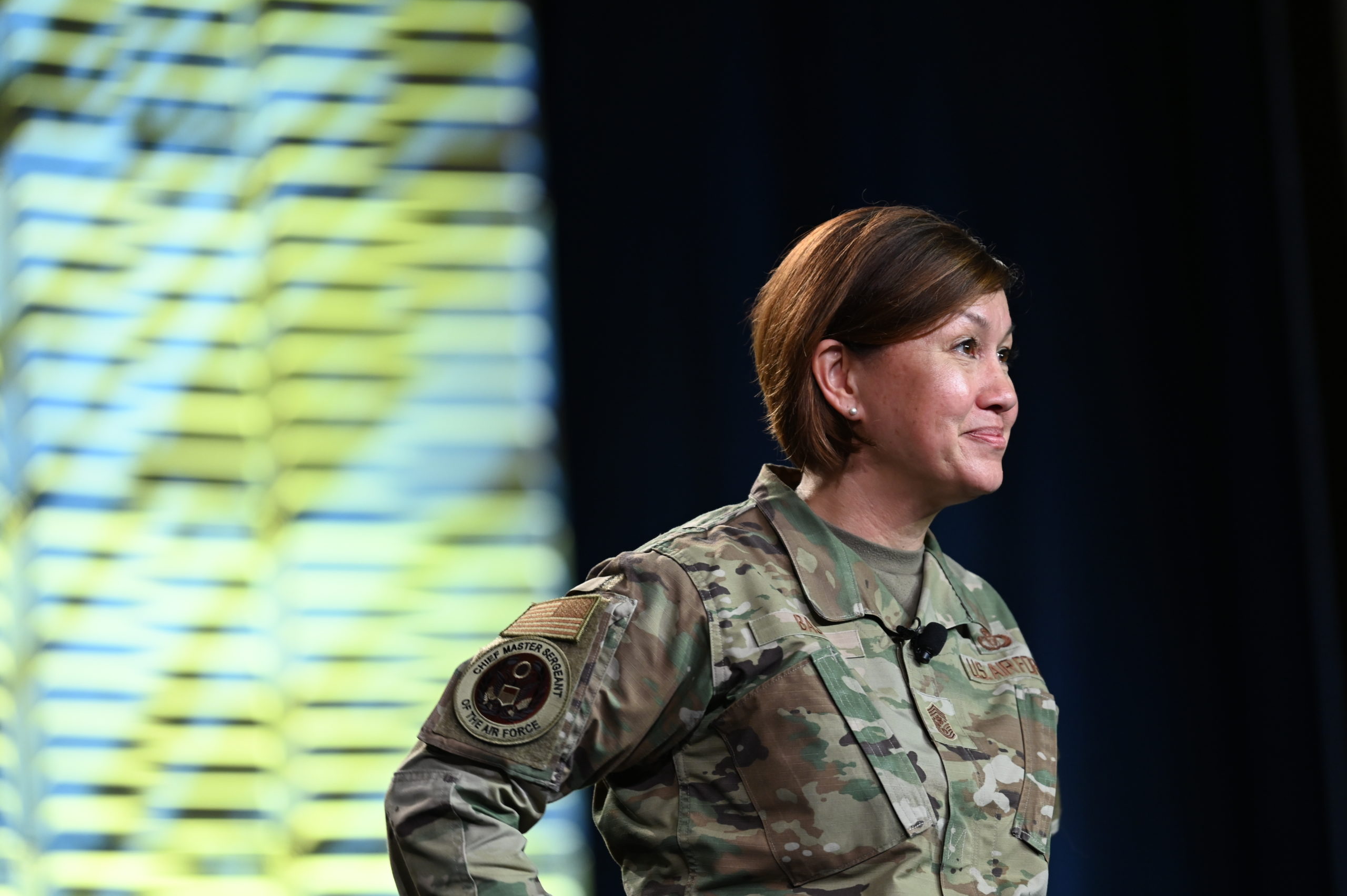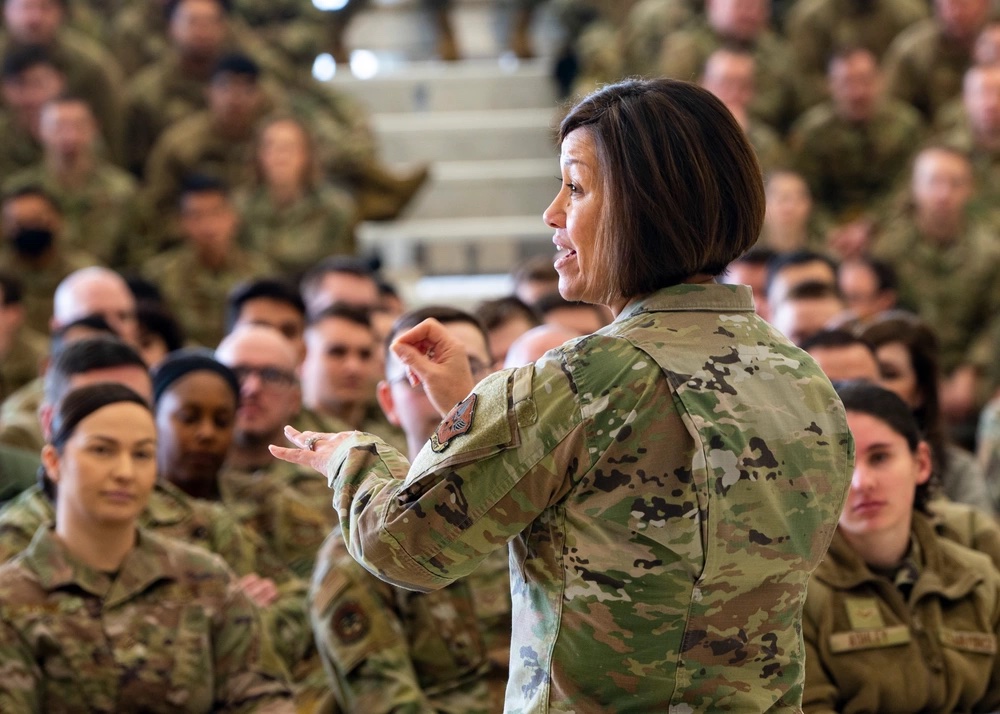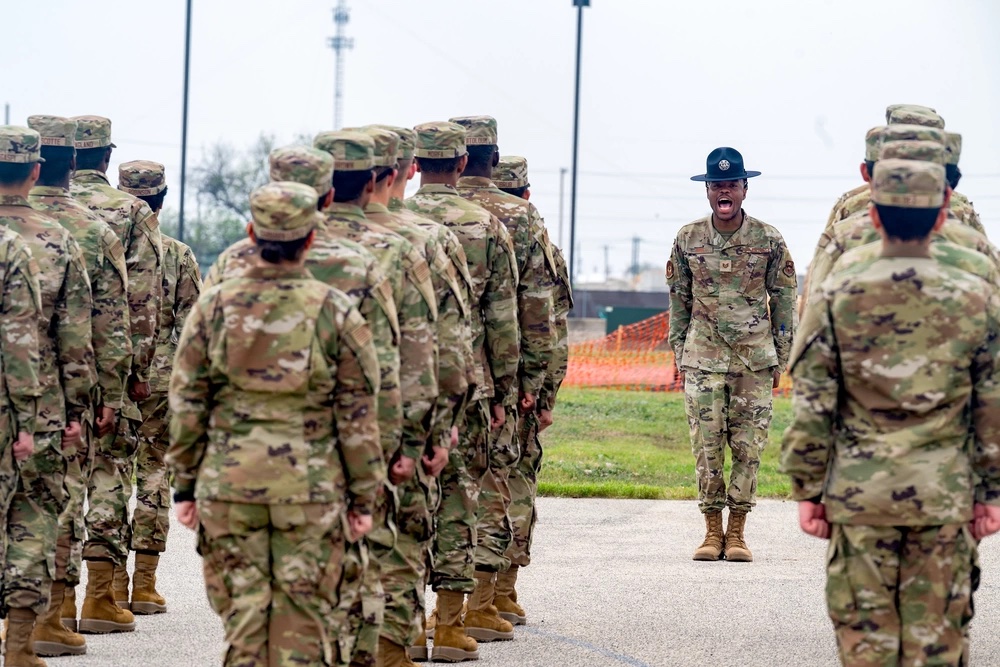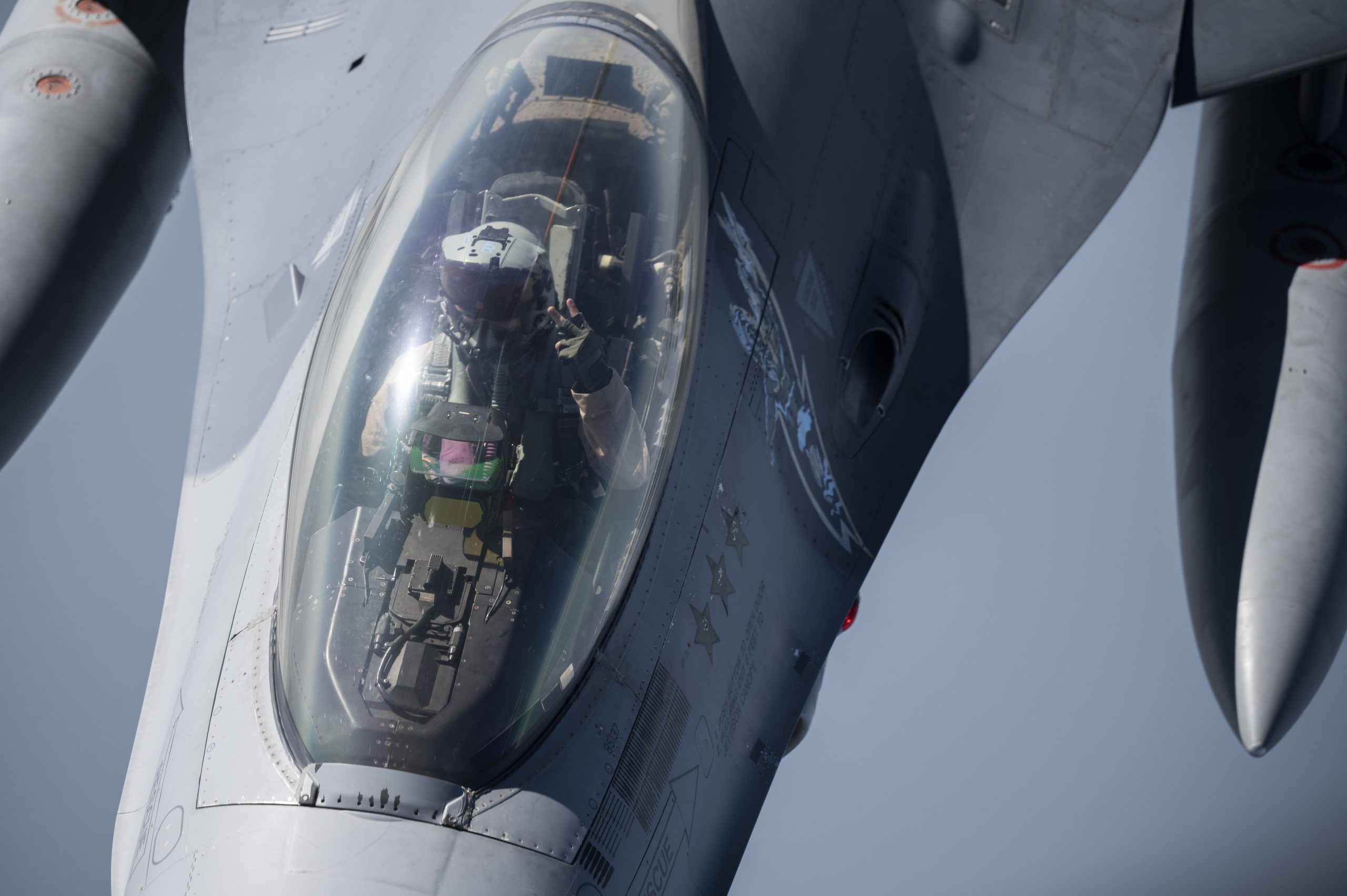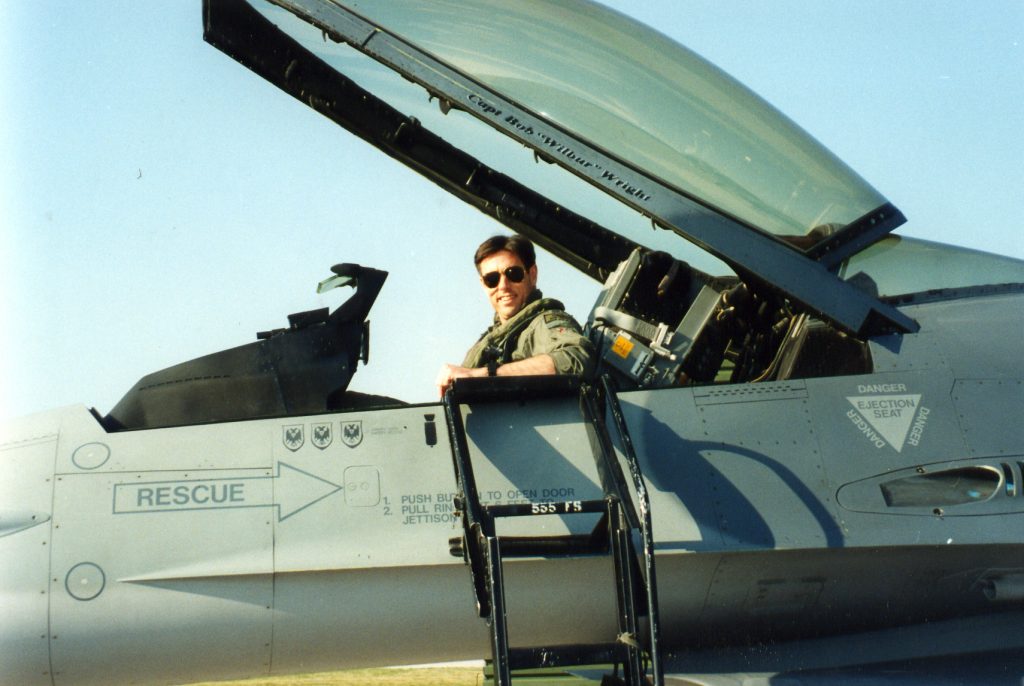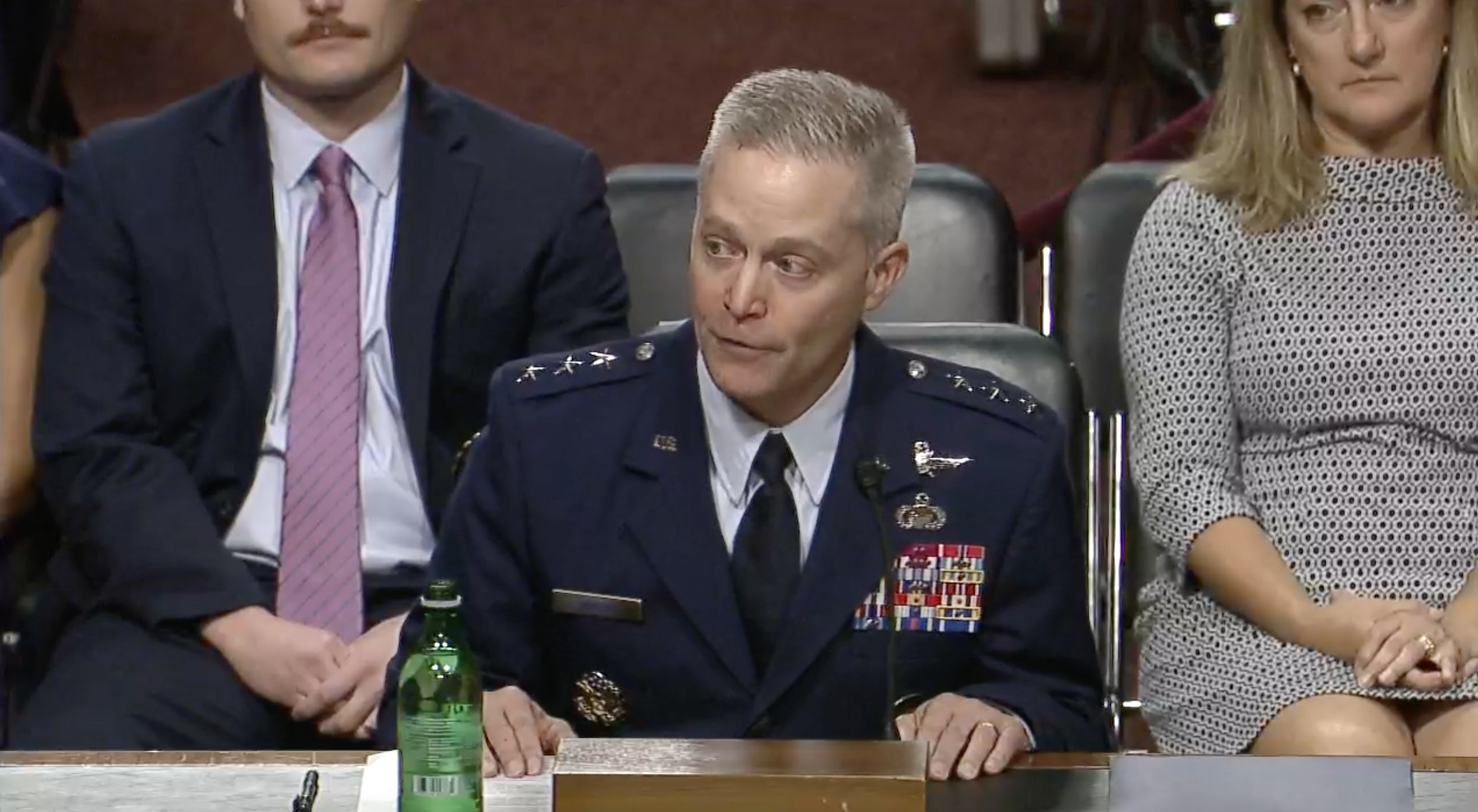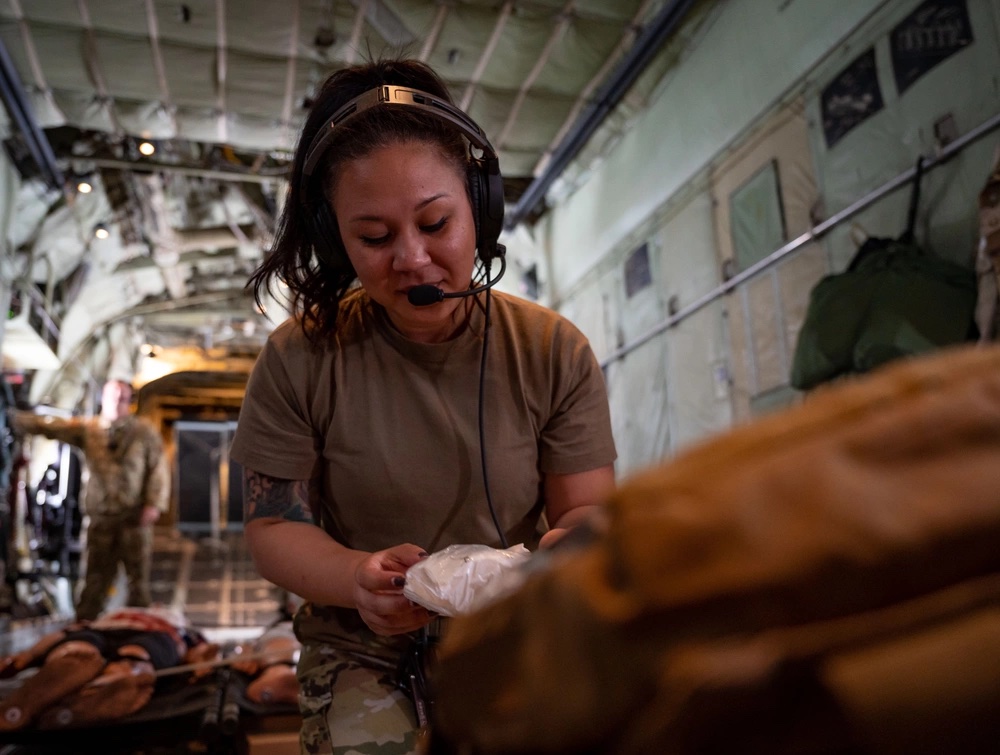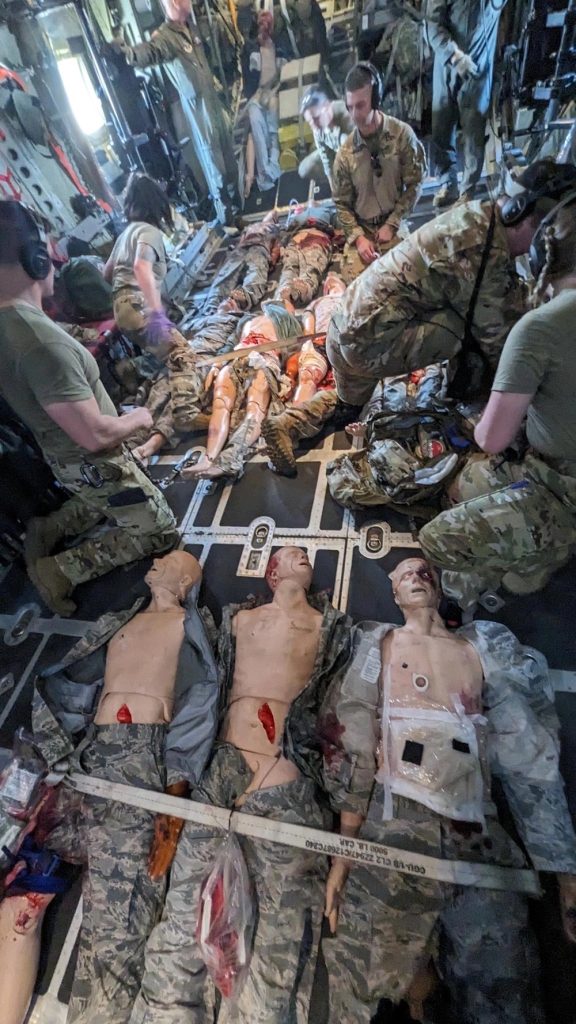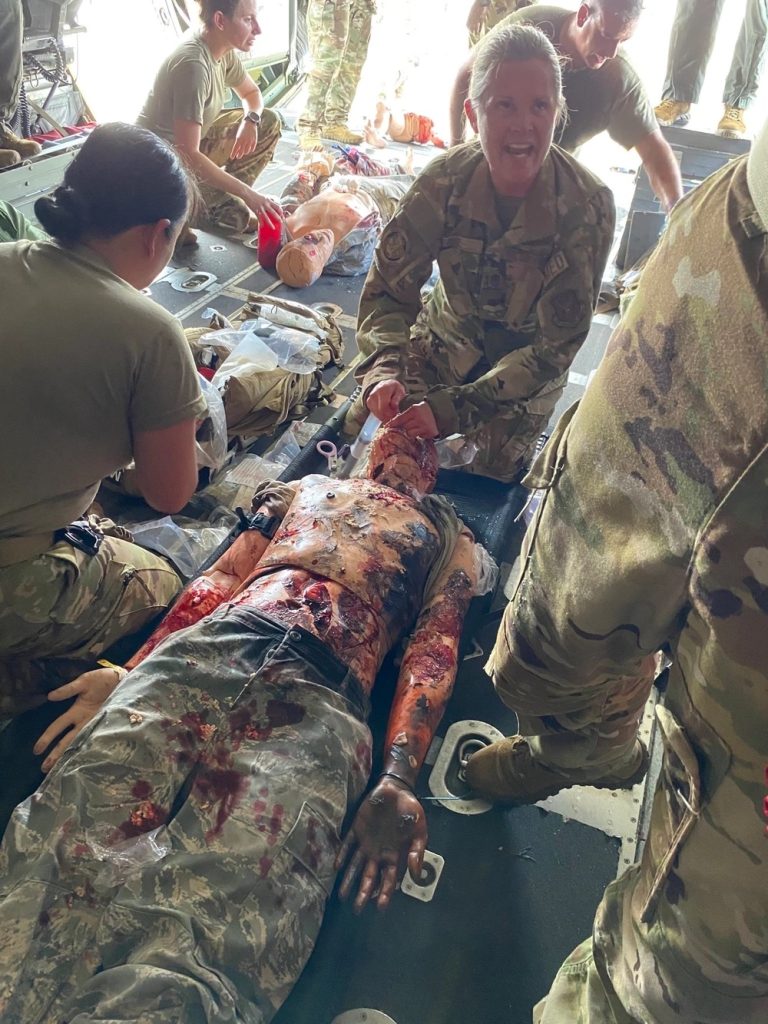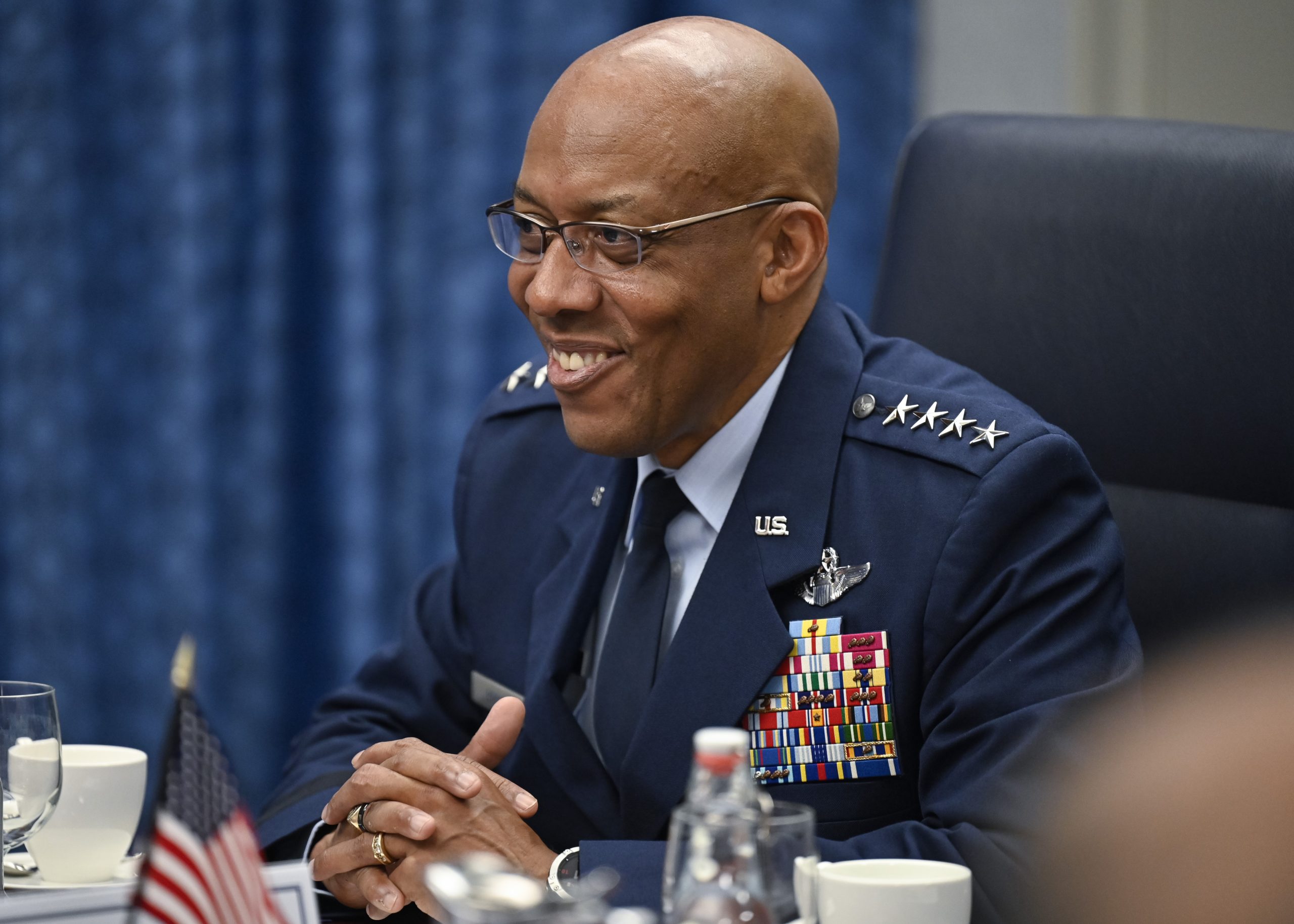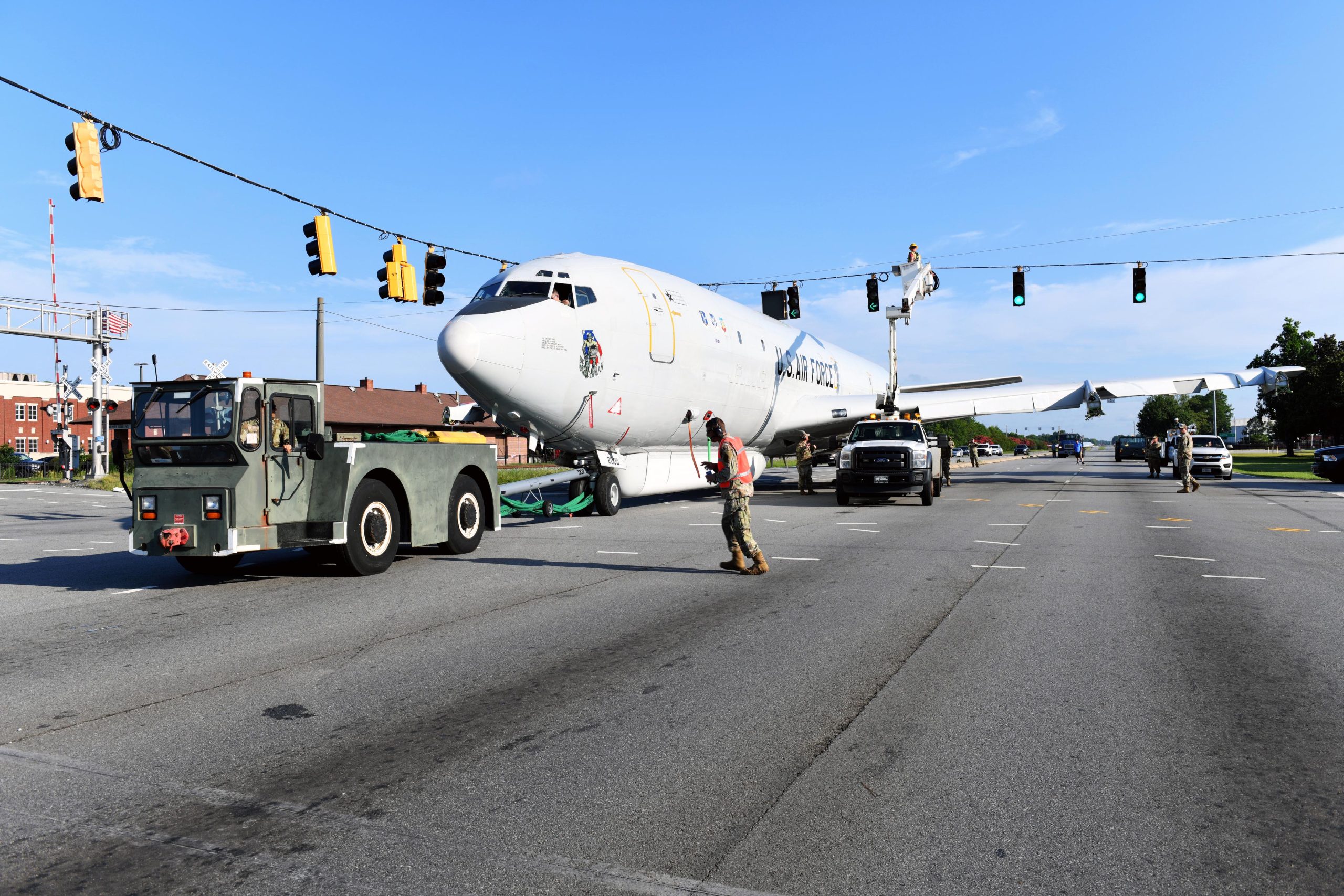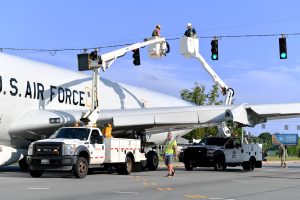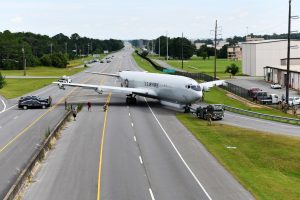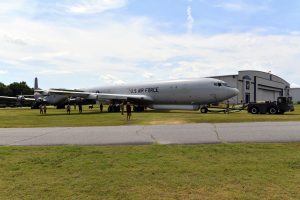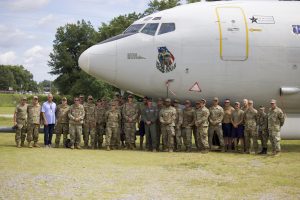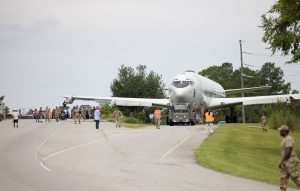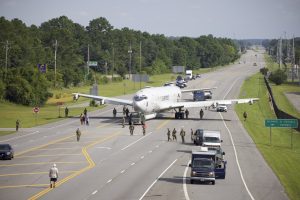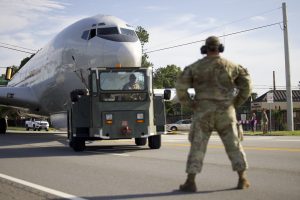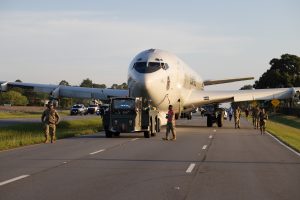Editor’s Note: This is the second of a two-part series about Chief Master Sergeant of the Air Force JoAnne Bass’ efforts to help build the Air Force of the future. Part 1 is available here.
Chief Master Sergeant of the Air Force JoAnne S. Bass has made some big waves recently, releasing a memo last month exhorting Airmen to recommit themselves to the service’s professional standards and posting a photo on Facebook last week outlining her top “Things to Get After” to improve life for enlisted personnel.
As Bass nears the fourth and likely last year of her tenure as CMSAF, her list of priorities is long. But six in particular were highlighted in that Facebook photo:
- Reforming developmental special duties
- Increasing commissioning opportunities for enlisted Airmen
- Retaining technical competencies
- Setting up continuation boards
- Improving the Air Force’s assignment policies
- Digitizing the Weighted Airman Promotion System (WAPS) test
In an exclusive interview with Air & Space Forces Magazine, Bass said she highlighted those six in hopes that “we can cause some really strong momentum and get after them, probably quicker than some of the other ones.”
Now, as Bass prepares to put the finishing touches on her legacy, “we have to be deliberately focused on the force of the future,” she said.
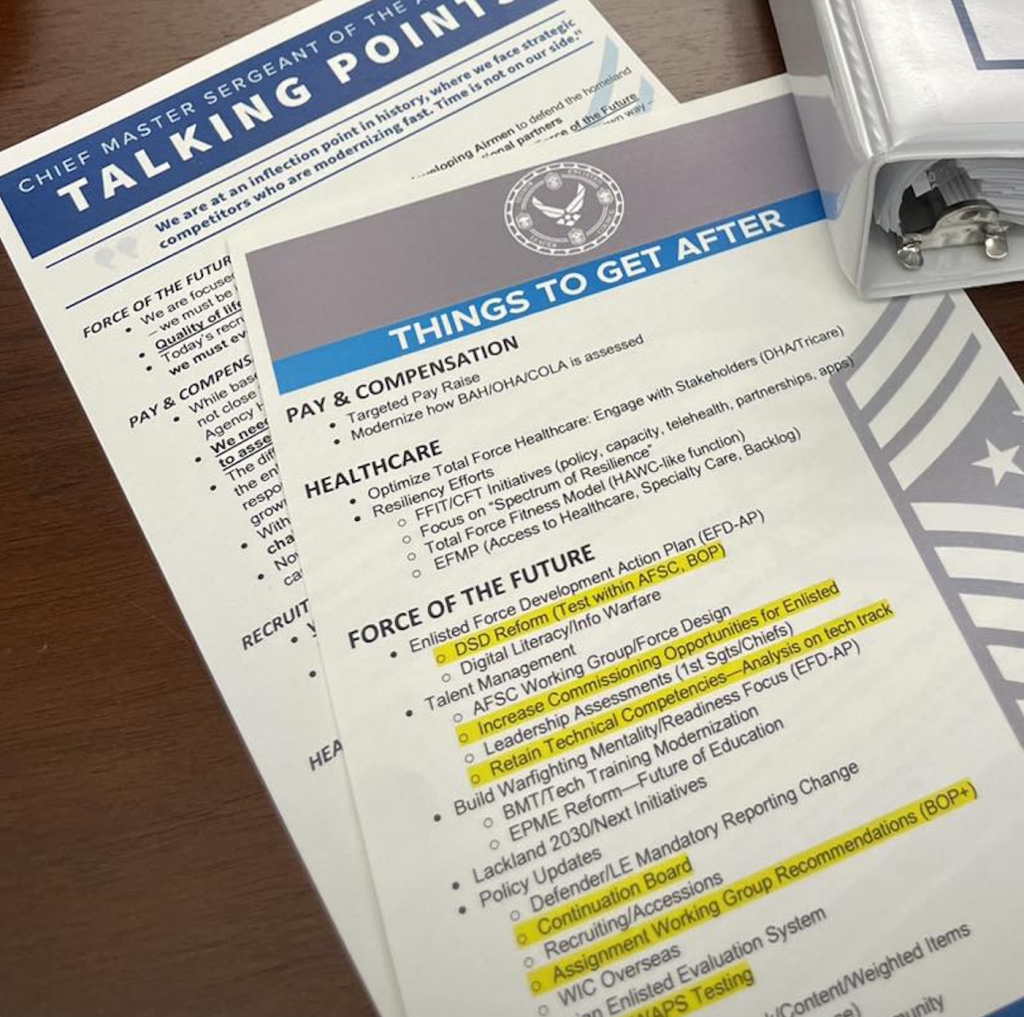
Continuation Board
Bass wants Airmen to have more reasons to stay in the Air Force, but she also wants to make sure the right Airmen are staying in the Air Force. One method could be a continuation board for some enlisted Airmen. Across the services, continuation boards help determine how long an individual officer can stay in uniform without promoting. Other branches maintain some form of this for some enlisted service members, but not the Air Force, Bass said. This fall, the service will try out a continuation board pilot program for Airmen at the highest enlisted rank: chief master sergeant.
“Wearing this uniform is a privilege, it’s not a right,” Bass said.
The pilot will help evaluate how the system would work with enlisted Airmen and whether it might apply to lower ranks.
“This is not like paperwork and it’s also not anything disciplinary,” the chief explained. “It’s just a matter of evaluating whether or not continued service is the best thing for that Airman and for the Air Force.”
Bass hopes the program will “hold ourselves accountable as senior enlisted leaders to make sure that we are providing our best to our Airmen and the Air Force.”
Assignment Working Group Recommendations
Last year, Bass chartered an assignment working group where Airmen across ranks and career fields took a holistic look at the branch’s policies and processes for assigning Airmen to duty locations. The group came up with recommendations to modernize the system.
“If we’re going to retain the talent that we need for the force of the future, it’s not because of policies that were created in 1993, when I came in,” she said. “We’ve got to modernize the way we do assignments, and to some degree we have to modernize all people functions, so this is just one step in that direction.”
The recommendations were not published in an official Air Force announcement, but Bass shared a few of them at the 2022 AFA Air, Space & Cyber Conference. They included giving base of preference to DSD Airmen, removing time-on-station requirements for expedited transfers, and ensuring service members returning from a deployment have time to recover and reset before moving to a new assignment. Bass also mentioned that the Air Force could use an assignment policy for dual-military couples who serve in different components, such as Active Duty and the Air National Guard.
“There will be joint spouse recommendations as well as what the future of base preference might look like,” she said.
Bass did not have a specific timeline for when concrete steps might be taken on implementing those recommendations, but she hoped to make “some positive movement” later this fall.
Changing policy takes time. When asked if she felt frustration over the pace of change, Bass said that the Air Force must “be really careful that we don’t allow the bureaucracy … or whatever the challenge is, keep us from being able to press forward.”
Bass also mentioned Air Force Chief of Staff Gen. Charles Q. Brown Jr.’s Action Order B: Bureaucracy, calling on the service “to speed up its decision-making progress.”
“That was really in an effort to help us accelerate these much-needed changes to our force,” Bass said.

WAPS Testing
The last priority involves digitizing the Weighted Airman Promotion System, the standardized test which helps the service identify Airmen worthy of promotion. Air Force leaders have pursued this goal for years, with Bass even saying in 2022 that “if we can’t get out of taking a No. 2 pencil into promotion tests, something is wrong.”
Digitizing WAPS should reduce frustration for Airmen and eliminate the possibility of losing paper tests in the mail, which has been known to happen. Though 2022 came and went, Bass attributed the delay in part to not all locations across the branch having the systems in place to perform digital WAPS testing. Now in 2023, Bass does not see any friction points that would keep the service from fully digitizing WAPS in 2024.
“We are finally going to move into the 21st century as it relates to WAPS testing,” she said.
Having started in 2020, Bass is nearing the end of her time as the Air Force’s chief enlisted leader. The highlighted items on her Facebook post were just six of many changes that Bass hopes will help improve the lives of Airmen. When asked if she would want any particular item checked off, Bass said “it would be all of them.”
“We will continue to put the pedal to the metal on every single thing,” she said. “The important takeaway is that quality of life and quality of service initiatives directly impact our ability to build the force of the future. This is all important stuff that impacts recruitment and retention, and we owe our force the very best.”
